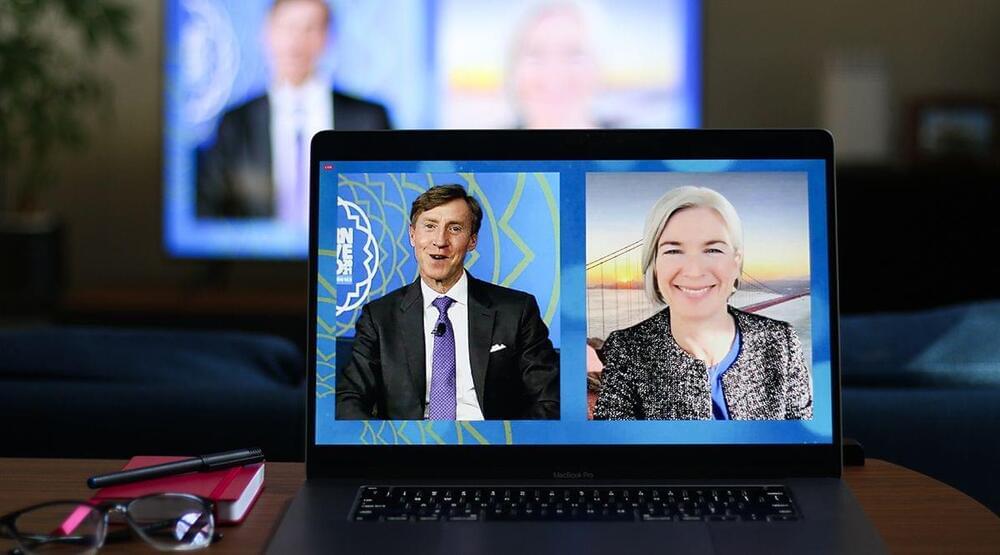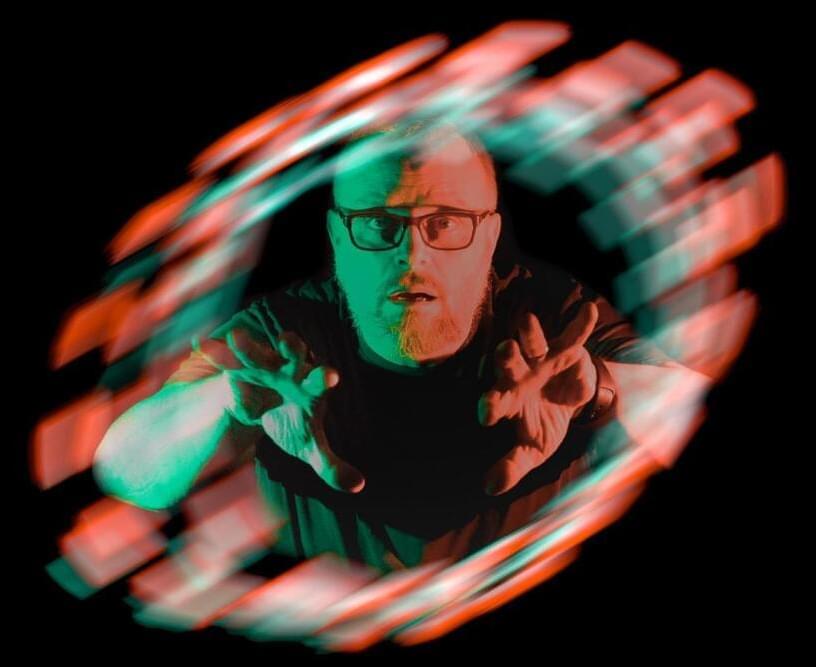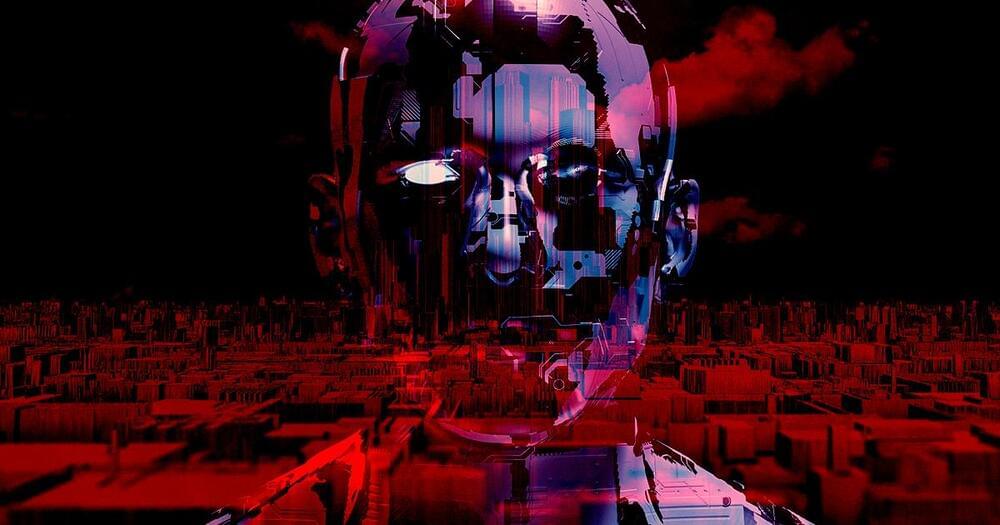The path that led Jennifer Doudna, PhD, and her colleagues to the development of CRISPR, the gene-editing tool that has revolutionized science and earned her a Nobel Prize, started with their deep curiosity and drive to understand how the most basic building blocks of life function.
When Doudna first decided to investigate precisely what systems bacteria use to adapt their immune systems to fight off viral infections, she had little expectation that the findings would ultimately provide the key to technology that could be used to safely alter genetic code.
“All of us [on the research team] realized that what had started as a fundamental research question was morphing into a very different kind of project; namely, one with enormous technical potential and also risks and opportunities that we had not appreciated when we started the work,” Doudna explained during a conversation with J. Larry Jameson, MD, PhD, chair of the AAMC Board of Directors and executive vice president of the University of Pennsylvania Health System, at the opening plenary of Learn Serve Lead 2021: The Virtual Experience, on Monday, Nov. 8.




